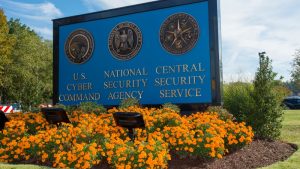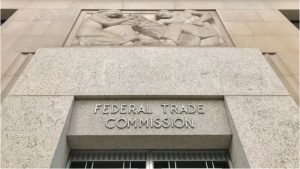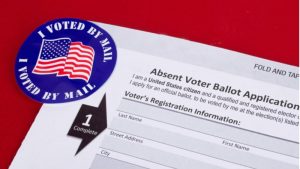Reps. Xochitl Torres Small, D-N.M., and Dan Newhouse, R-Wash., and Sens. Martha McSally, R-Ariz., Doug Jones, D-Ala., introduced legislation in both chambers of Congress June 11 to invest $50 million in rural telehealth initiatives amid the COVID-19 coronavirus pandemic.
California’s City of Corona is a full-service city southeast of Los Angeles. Corona serves over 168,000 residents with 22 departments. Each boasts a diverse portfolio of citizen services, including utilities and public safety. Corona’s Information Technology (IT) Department must provide reliable and cost-effective systems to support the City’s function and objectives – even through disaster or pandemic.
Great adversity often fuels tremendous ingenuity, and the COVID-19 pandemic is no exception. Recently, the Commonwealth of Virginia validated this point when it expanded its ground-breaking Framework for Addiction Analysis and Community Transformation (FAACT) platform in just a few days to help navigate the COVID-19 crisis and provide public safety.
The National Guard and U.S. Cyber Command have formed a partnership to open lines of communication between state and local governments and the military’s top cyber force to address the top priority of the command - the 2020 elections.
Election security experts at the Brennan Center for Justice released a new guide June 5 on how to protect elections during the COVID-19 pandemic, specifically calling attention to existing resources from Federal agencies and the need for more Federal funding.
Federal privacy legislation that has stalled in Congress for months has a new impetus, as questions about the use of location and health data during the pandemic are bringing privacy considerations to the fore.
For the first time in 2020, the United States Census Bureau offers an internet response option for the decennial count, and data from the bureau shows that most Americans responding to the survey are taking it online.
Every year the National Association of State Chief Information Officers (NASCIO) releases its top 10 technology priorities. On May 28, NACIO released a white paper describing what it is calling the Four Forces Model. The Model highlights the forces – political forces, customer forces, market forces, and inertial forces – that impact how CIOs do […]
The Ohio Department of Transportation (ODOT) is responsible for maintaining one of the nation’s largest transportation systems, with infrastructure assets valued at more than $116B. Assets include 8,000+ lane miles, the second highest number of bridges of any state, and more than 680,000 additional assets beyond pavement and bridges – including waterways, public aviation facilities, and rail lines. More tonnage is moved through Ohio’s waterways than through the Panama Canal; and the state ranks third in the nation in terms of active rail lines.
As states shift their voting processes and procedures due to the COVID-19 pandemic, another element of the process for states has been subject to change—Federal funding, an inconsistency that has caused local election officials to adapt on the fly.













